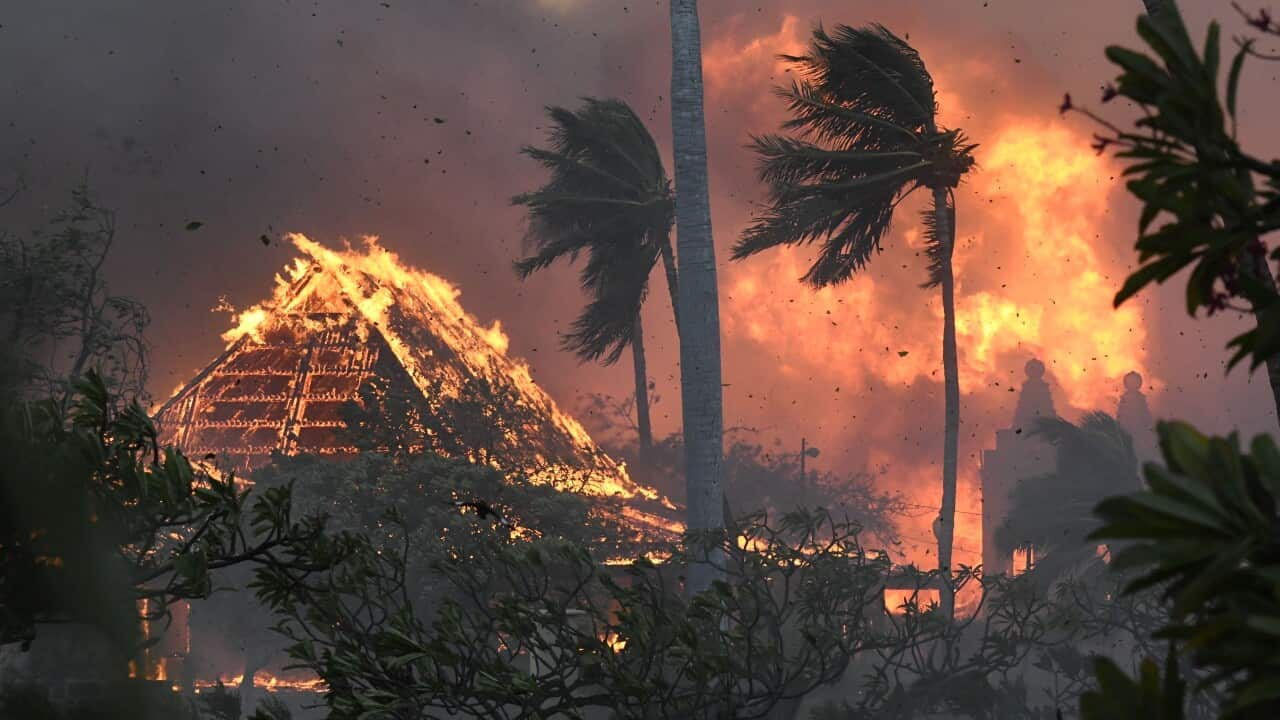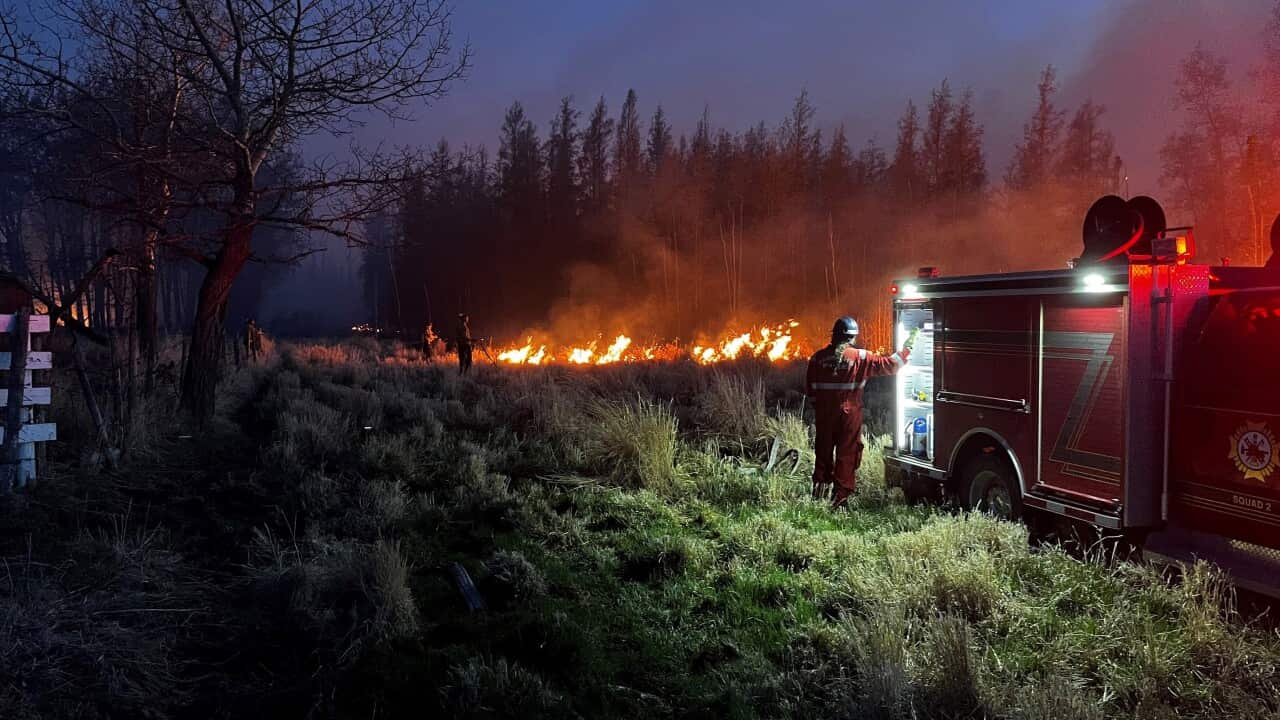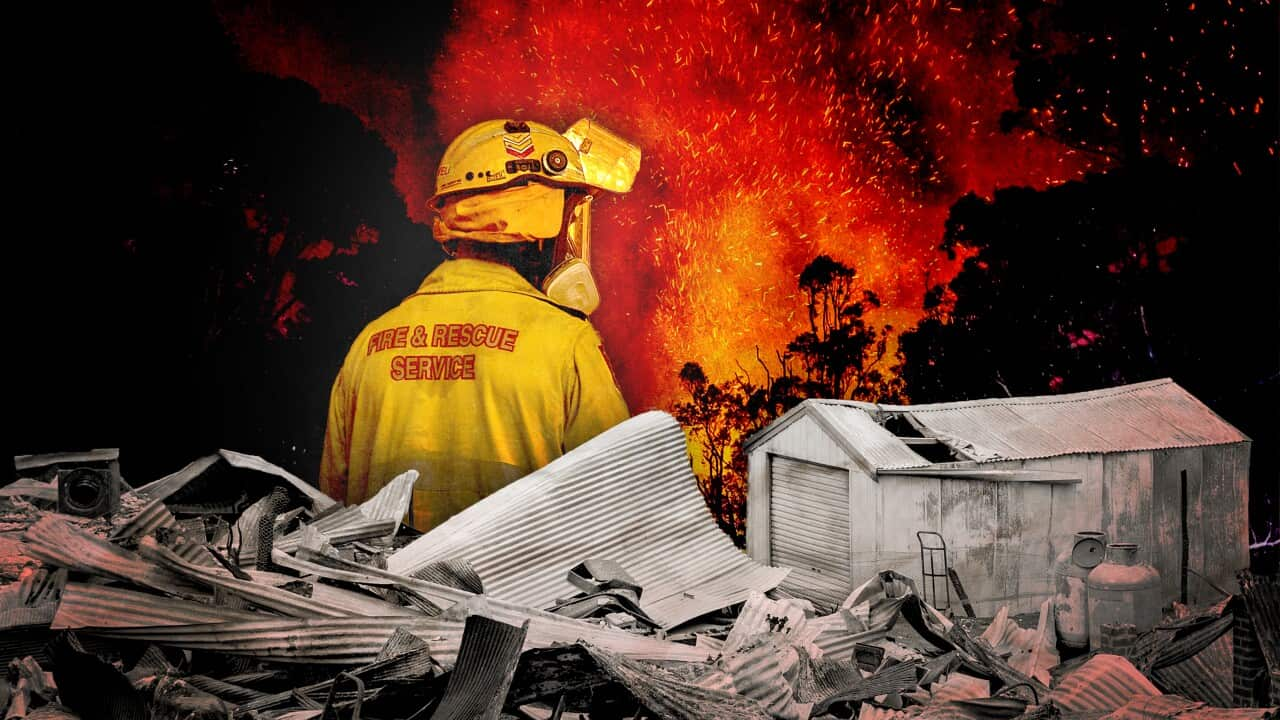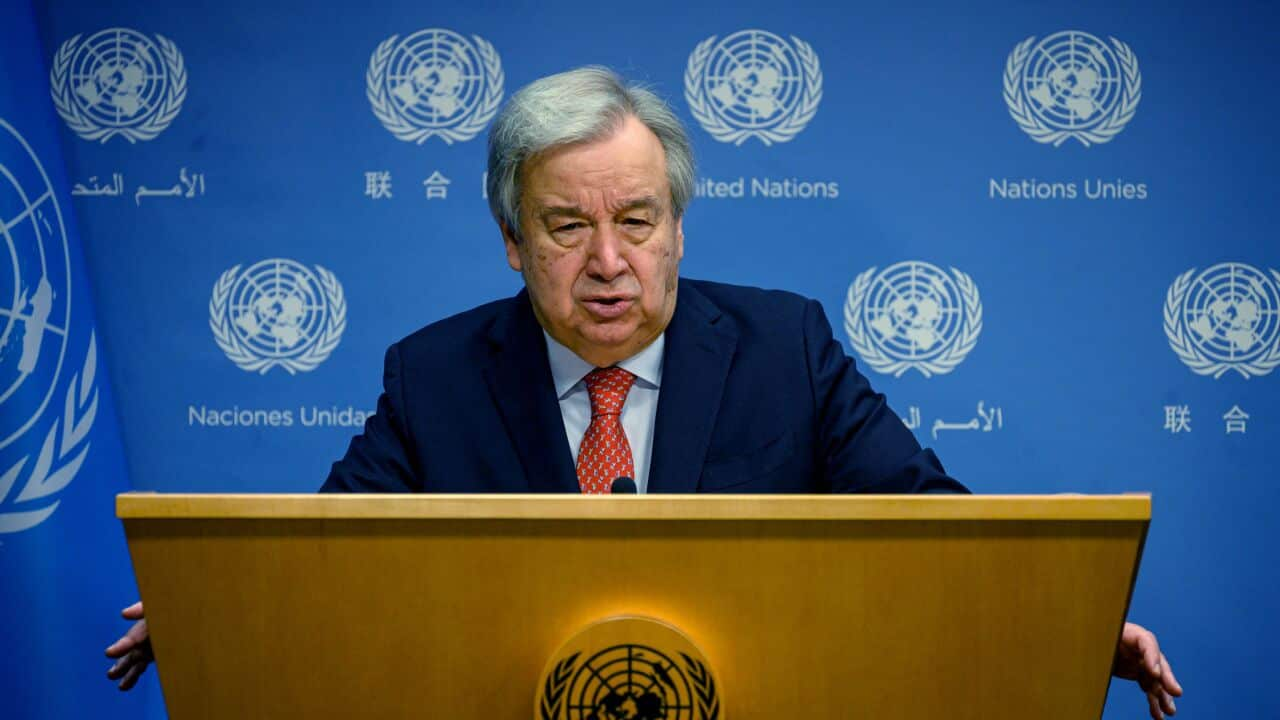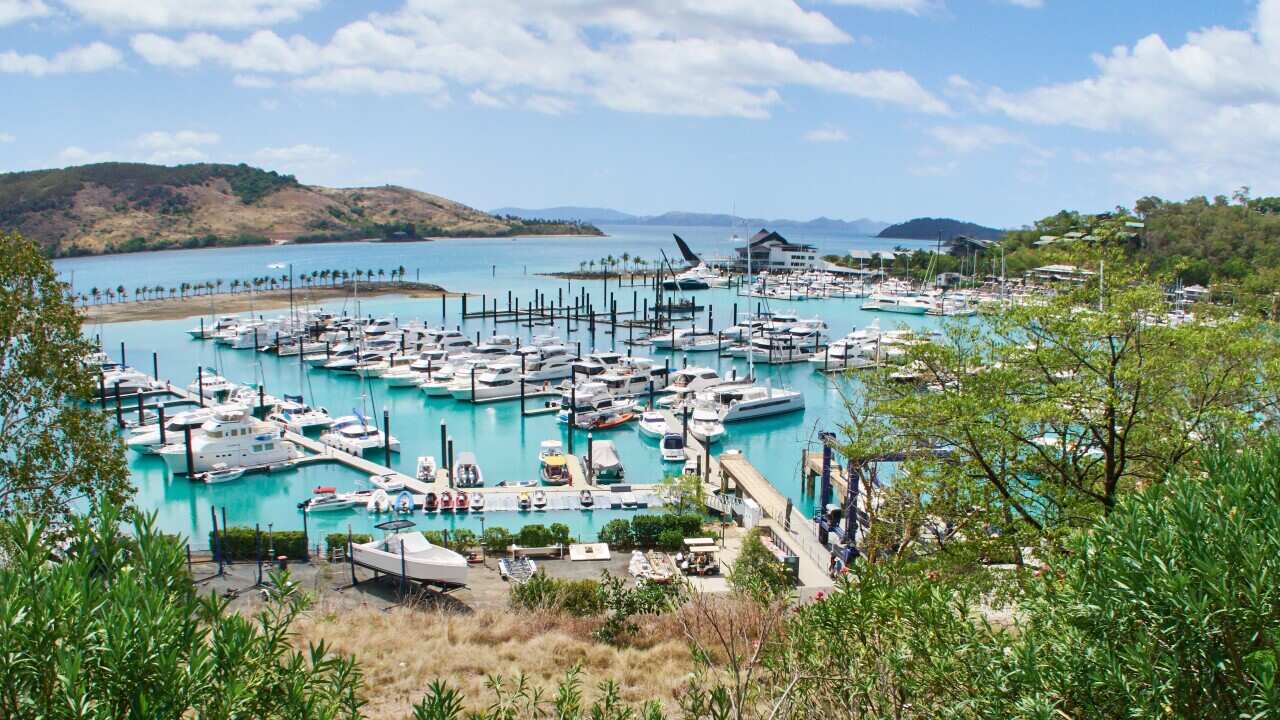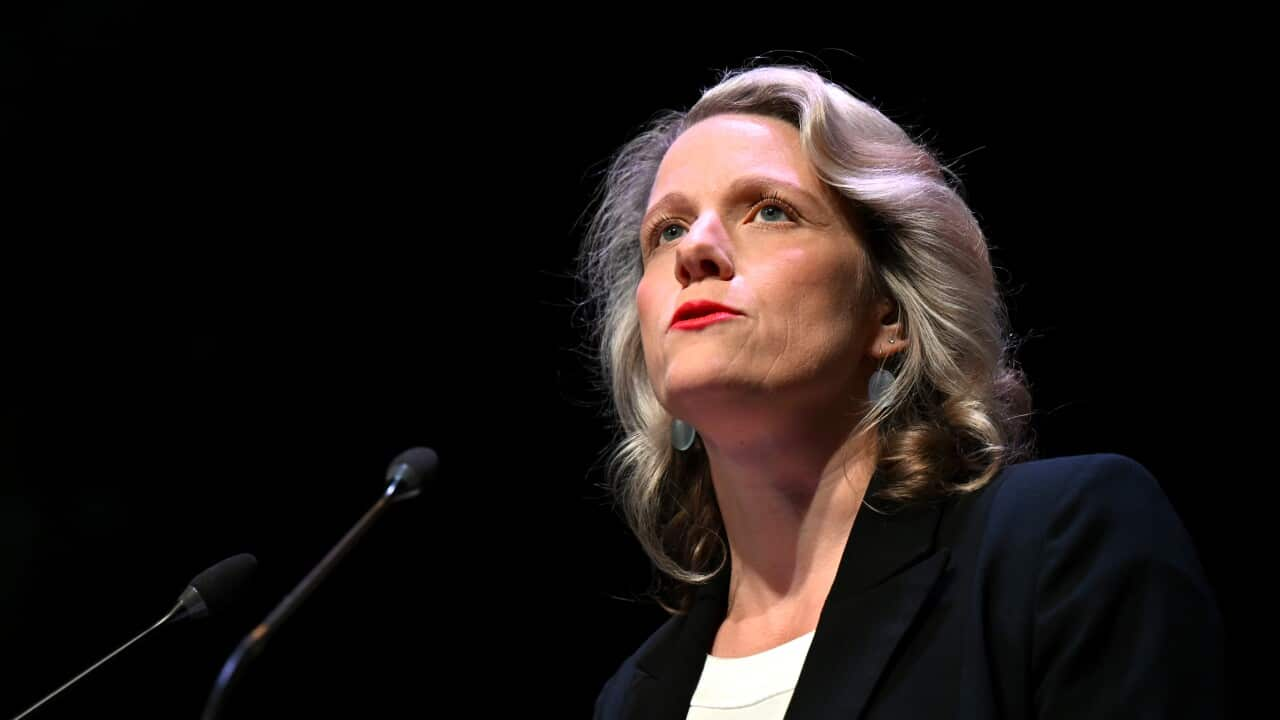Key Points
- Many countries in the northern hemisphere have been experiencing horrific fires throughout summer.
- Experts say not enough has been done to prevent another Black Summer event in Australia.
- Black Summer fires were among the worst in Australia's history, claiming 26 lives.
As Canada battles its worst-ever fire season and a state of emergency in British Columbia, Maui is beginning the slow recovery process
In July, thousands of people were evacuated , while wildfires in North Africa - primarily Algeria - resulted in at least 34 deaths.
For Australians, these extreme weather events echo the in the summer of 2019 - 2020.
The fires, which were among the worst in Australia's history, claimed 26 lives and torched an area of land two-thirds the size of Tasmania.
Up to three billion animals were killed, along with trillions of invertebrates.
A 2021 report by the World Wide Fund for Nature-Australia and researchers at the University of Sydney estimated the fires cost Australian agriculture alone between $4 billion and $5 billion.
Economists have estimated the net cost could be almost $100 billion when including the loss of lives, homes and possessions destroyed, loss of tourism, and ongoing physical and mental health impacts.
Now, as we approach the end of an unseasonably warm winter, experts and climate advocates are warning Australia has not done enough to prevent another Black Summer event.
Could Australia be facing another Black Summer?
Philip Zylstra, bushfire behaviour scientist and adjunct associate professor at Curtin University said predicting the likelihood of another Black Summer event in Australia is difficult.
"In some ways, we're in uncharted territory because of climate change," he said.
"It's not really a new normal, it's just constant change."
Zylstra said high temperatures, similar to those this year and in Australia in 2019, could lead to a higher likelihood of a bad fire season.
"If we get the sort of heat that they've been getting in the Northern Hemisphere, despite the last few years of good rain, that heat could be enough to stress the vegetation and make a lot of it flammable," he said.
"On top of that because of the black summer fires three summers ago, that regrowth from those fires is so dense ... in so many areas, those forests are, are primed to burn."
Earlier in August, the NSW Rural Fire Service (RFS) said only about 24 per cent of planned hazard reduction burns had been done across the state during 2022/23 because of inclement weather.
An extra $10 million has been set aside to hire 100 dedicated RFS crew to speed up the work before summer.
The Bureau of Meteorology has declared an alert for , which increases the risk of drought, heatwaves and bushfires.
Major General Peter Dunn, former Commissioner for Emergency Services in the ACT and now a member of the Emergency Leaders for Climate Action, said he felt "extremely apprehensive and very nervous" ahead of Australia's bushfire season.
Dunn says while it is too soon to predict the severity of the upcoming fire season, communities need to be on high alert.
"We can't be absolutely certain and say it's going to happen, (but) we need to be very, very alert," he said.
"Communities need to be really listening to the rural fire services and the fire and rescue services as well, and they need to be getting themselves prepared."

Australia's Black Summer bushfires were some of the worst on record. Source: AAP / Jeremy Piper
"Australia has not reduced its emissions quickly enough to make us confident that we're going to meet the secondly we have not included climate change in our environmental laws in Australia," Dunn said.
"And thirdly, we continue to approve coal and gas projects which puts a long tail into the fact that these emissions are going to keep on increasing now."
How does climate change impact fires?
Climate change can impact the likelihood and severity of bushfires through a number of factors.
Hotter conditions can lead to a longer fire season, while high temperatures and dry vegetation can increase the risk of fires.
Warmer weather can also increase the likelihood of lightning, which can be a key factor in starting fires.
When it comes to regulating emissions and reducing climate damage, Dunn says Australia has "wasted so much time".
"We know that the state governments are serious about it, but still, they approve mines, they approve gas exploration," he said.
"We are murdering our planet. We've got to stop that."
Zylstra said minimising emissions would be key to reducing the chances of devastating fire seasons in years to come.
"We're pretty much all agreed that climate change is driving (fires) and that if we don't stop burning fossil fuels, our best efforts may be for nothing," he said.
Is Australia prepared for another Black Summer?
In October 2020, the Royal Commission into National Natural Disaster Arrangements handed down its report including a series of recommendations.
A spokesperson from the National Emergency Management Agency, which leads Australia’s disaster and emergency management efforts, told SBS News 12 of the recommendations had been completed.
Work is continuing on the remaining three Commonwealth recommendations, the spokesperson said, with state and territory governments responsible for other recommendations.
"This will be the first significant fire season since Black Summer and we know that there will be a lot of stress in the community, particularly in those areas that were impacted during those devastating months in 2019 and 2020 and those recovering from more recent flood events," the spokesperson said.
"The Australian Government will have a National Large Air Tanker on hand to respond quickly where needed and we're building a national stockpile of items that are needed in disasters and we continue to do what we can to be as ready as possible."
In the long term, Zystrel says Australia needs to reconsider its approaches to bushfire management and prevention.
"Most of what we need to do is longer-term changes, there are some very fundamental changes that we need to make and these are absolutely critical," he said.
Ahead of this fire season he says communities need to be equipped with the right resources and scale up responses.
Dunn says along with reducing emissions, Australia needs to boost support for communities and emergency services.
"Until we start driving emissions down and until we stop approving oil and gas exploration and developments, we are going to have to live with this.
"So everybody has to be enlisted in this fight."
-Additional reporting by AAP
